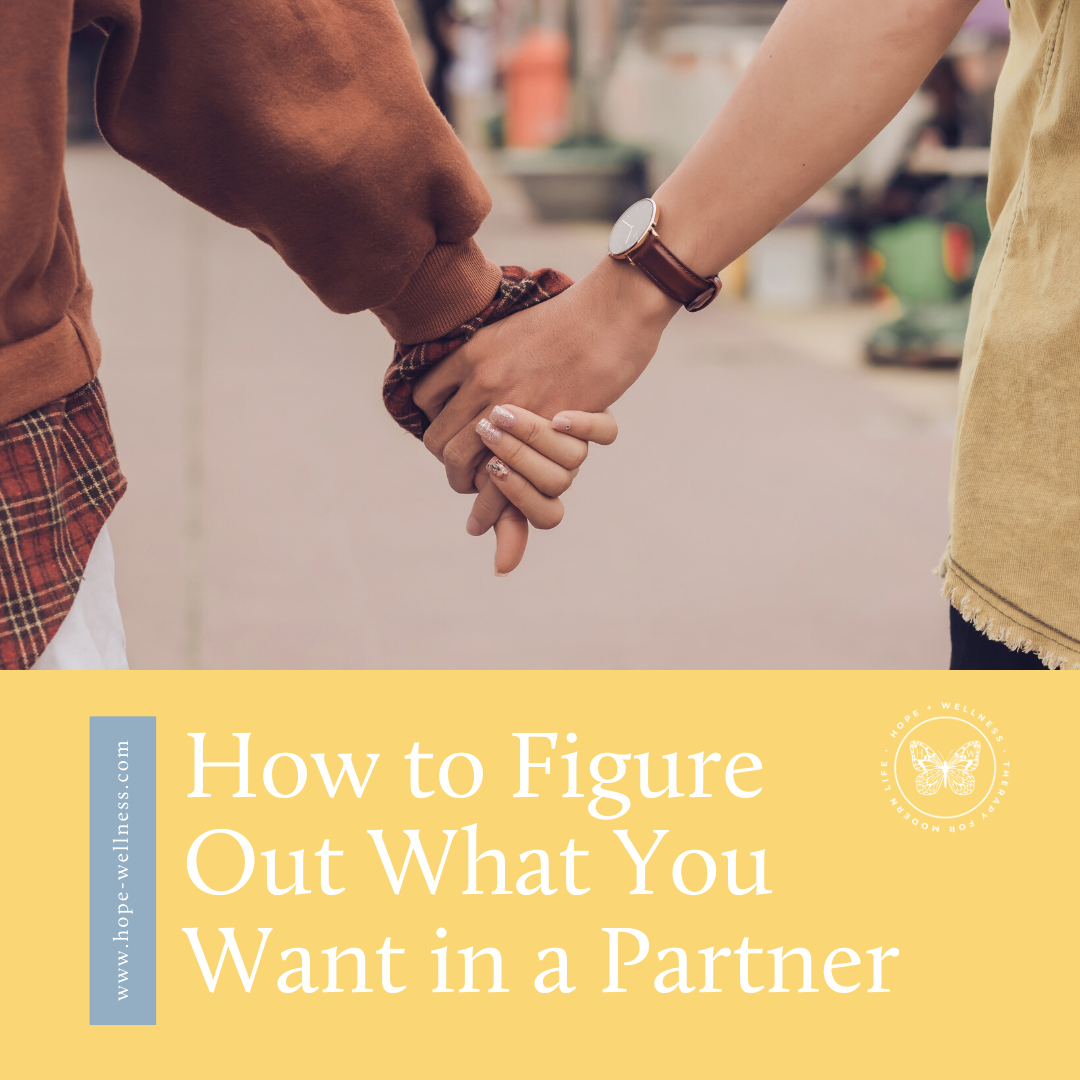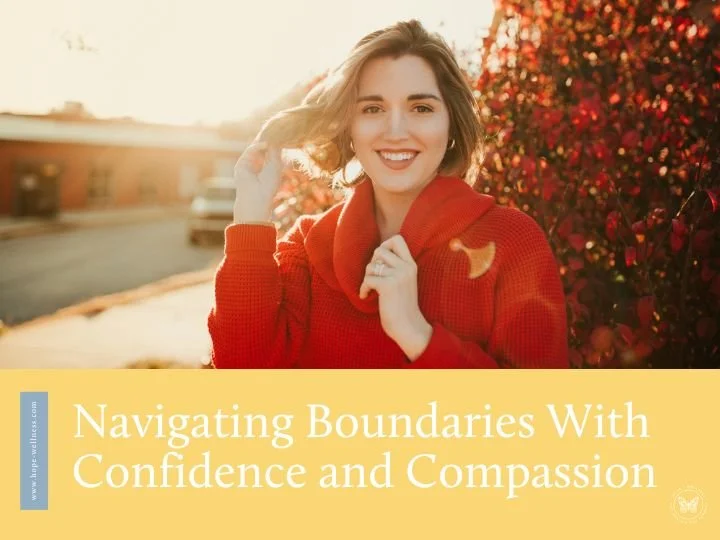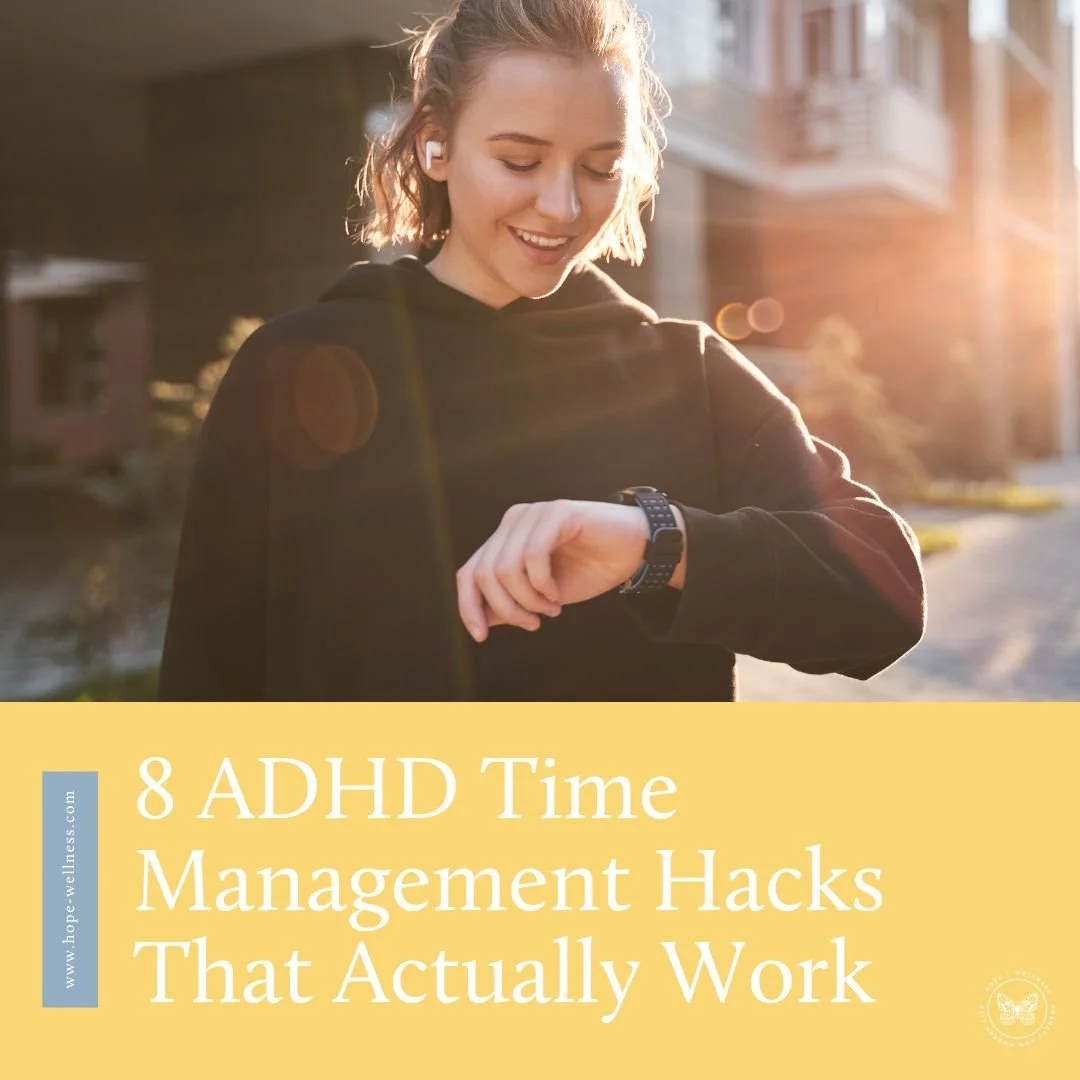How to Figure Out What You Want in a Partner
From the outside, it seems as if dating today should be easier than ever.
With various apps and online dating services, you don’t even have to leave your couch to meet someone new! But while that can be a great thing (for busy people, people who’ve just moved to town, those just starting to get comfortable putting themselves out there, etc) it also creates its own very specific set of dating difficulties.
While on the one hand they are convenient and easy and somewhat more comfortable than going out to meet people, dating apps can also get us stuck in this online shopping mindset. You’re browsing and you see something you think you might like, but you’re not super sure, so you pop it in your cart to decide on it later. Dating apps can be a little like that. Where instead of using them as a quick and easy introduction to people you really think you’ll click with, you start collecting matches even if you know they aren’t right for you. And there are a lot of reasons people do this, but the big two seem to be:
You’re not sure what you want! It seems easier at the time to collect a bunch of “maybes” and see if any of them work out.
It feels like validation. It’s nice to get that notification that says you have a new match. It’s nice to feel desired, even if there isn’t any true potential there.
But collecting these maybes doesn’t actually get you closer to finding a genuine connection that is right for you. Instead, it gets you stuck in a cycle where you’re swiping mindlessly, just looking for the relief of that “it’s a match!” notification.
And mindless dating won’t actually help you address your needs.
You might be lonely, and feel that any sort of dating is better than none at all. But when you have those incompatible connections with people, your loneliness isn’t actually being addressed. It’s more like you’ve thrown a bandaid over an open wound. You don’t have to think about it for a while, but as soon as the bandaid wears out, you’re right back to where you started.
(Of course dating isn’t the only way to manage loneliness–and often it’s better to try to meet that need with something other than dating as well. Finding fulfillment on your own by taking a class, joining a club, getting involved in your community, etc. can help you feel less lonely and “desperate” when entering the dating scene.)
A key part of dating mindfully is knowing what you’re looking for in a partner.
Easier said than done. In fact, it takes a lot of work to figure out what your needs are, what needs can reasonably be met by a partner, and exactly how to look for the right people to meet those needs.
So how can you start figuring out what you’re looking for in a partner?
Self reflection:
This one will probably be the most uncomfortable of the tips, which is why I’m starting with it. When you’re trying to work out what you want and need in a partner, think back to relationships that haven’t worked out in the past. These don’t even have to be romantic relationships, they can be friendships too. Ask yourself: why didn’t the relationship work? Which of our qualities were incompatible? Did our values clash? Was there a warning sign regarding our clashing values or incompatible qualities that I can now see in hindsight?
Be truthful but gentle with yourself. The purpose of this exercise is not to punish you for relationships that haven’t worked out–everyone has relationships that end! And it’s not to make a list of all the things you “did wrong.” It’s simply an exercise you can use to look back and reflect, and take the useful information you get from it and move forward.
Decide on your deal breakers:
(And don’t ignore them!) Are politics important to you? Do you only want to date someone interested in marriage? Are you only interested in monogamy? (Or, are you only interested in dating someone who is okay with non-monogamy?)
Figure out what your personal relationship deal breakers are, and keep them in mind as you start dating. Then, when you come across them, even though it might feel disappointing, remind yourself that taking care of your own needs needs to be your priority, and move along. Chances are if the person isn’t right for you, then you aren’t right for them, and it’s better to part anyway.
Fantasize a bit:
Imagine yourself in a relationship: what needs is that relationship filling? Determine what it is a relationship will (ideally) be providing for you, and only date people whose relationship goals align with that. Think of how you want your partner to make you feel: write a list! And refer back to it as you date. Are you getting these feelings? Or are you waiting around until maybe it gets better?
Settle it with a few lists:
It might seem oddly formal for something like dating, but taking the time to journal and write out these dating lists can be really helpful. Not only can it help you explore yourself and your needs, but it can help keep you on track as you search for fulfilling connections. Make one for non-negotiables (dealbreakers) one “nice to haves” (things you want in a partner, but are flexible from person to person), and one for shared values you want to see in your relationship.
These exercises are all great, but should be paired with a more mindful style of dating. What does that mean?
It means: accepting that not everyone has what you want or need (and that you won’t have what everyone else wants or needs all the time too.) It can feel discouraging, but recognizing when someone isn’t right for you isn’t a rejection. It’s accepting that your needs and values just aren’t compatible. Give yourself that acceptance and give yourself permission to move on. You won’t get what you want from a partner by trying to force it onto someone who isn’t what you’re looking for in the first place.
It also means being clear and intentional as you go about dating. So, on dating apps, be honest about what you’re looking for! (Keep in mind, your profile should say more about you and what you’re looking for, and not be a checklist for potential partners to go through and see if they fit. You aren’t ordering a custom made partner.) Highlight the values you’re looking for, the type of relationship you see yourself happiest in, and the people who’s vision match with yours will fall into place.
therapist in falls church, mclean, tysons corner, merrifield, arlington and vienna, va
Hope+Wellness is a therapy practice serving the Falls Church, McLean, Great Falls, Vienna, Arlington, Alexandria, and the greater Washington DC region. We provide compassionate care to children, teens, and adults with stress, anxiety, and depression. Our practice is in-network with BCBS and provides Cognitive Behavioral Therapy (CBT), mindfulness and acceptance based therapies, and other top, premier evidence-based treatments. Call, email, or schedule an appointment with us online today. We’re happy to help!










It can be hard to show up for yourself–much harder than we may think. We have a lot of demands on us, a lot of noise we have to work through to even figure out how to show up for ourselves.
So how do you do it? We’ve gathered 6 resources to help you show up for yourself in small, but crucial ways.